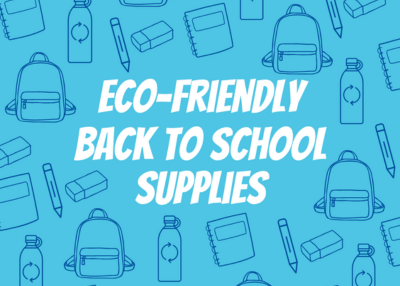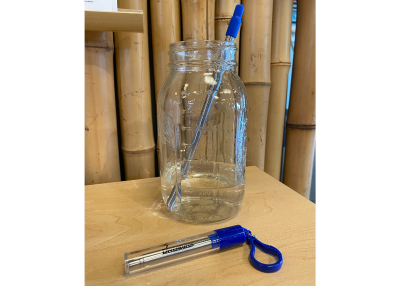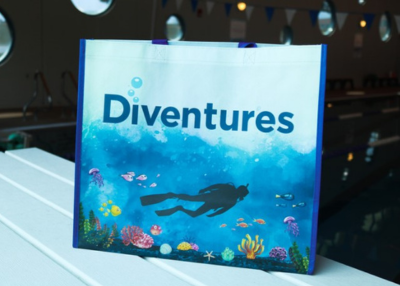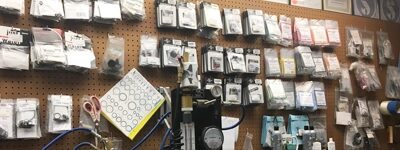
As another school year approaches, students and parents alike embark on the annual quest for back-to-school supplies. However, this year, let’s make a conscious effort to consider the environmental impact of our choices. By opting for sustainable back-to-school supplies, we can reduce our carbon footprint and contribute to a healthier planet. In this blog, we’ll explore a variety of eco-friendly options to help you create a greener, more sustainable back-to-school shopping list.
1. Recycled and Upcycled Materials:
One of the most effective ways to promote sustainability is by choosing products made from recycled or upcycled materials. Notebooks, pencils, and even backpacks are now available with covers and casings crafted from recycled paper, plastic, or fabrics.
2. Sustainable Stationery:
Stationery items like pens, pencils, and erasers are essential for any student. Consider switching to sustainable alternatives such as bamboo or refillable pens, which reduce plastic waste. Moreover, look for pencils made from sustainably sourced wood or recycled materials, which support responsible forestry practices.

3. Eco-Friendly Backpacks:
A durable and eco-friendly backpack is a must for any student. Seek out backpacks made from organic cotton, hemp, or recycled polyester. These materials not only reduce the environmental impact but also ensure a longer-lasting product, reducing the need for frequent replacements. If you prefer tote bags instead of backpacks, check out Diventures’ reusable bags, where all the proceeds go to an ocean conservation organization.

4. Lunchbox Alternatives:
Encourage sustainability by investing in reusable lunch containers and bottles. Stainless steel or BPA-free plastic containers are great alternatives to single-use plastic bags or containers. Instead of plastic utensils, opt for bamboo utensils. Avoid plastic, single-use straws and instead use metal straws. Head to your local Diventures location to purchase a reusable, metal straw along with a reusable water bottle. Additionally, pack snacks in reusable silicone bags or beeswax wraps, which help to reduce plastic waste.
5. Digital Solutions:
In the digital age, we have access to a multitude of tools that can help reduce paper consumption. Instead of traditional notebooks, consider using digital note-taking applications or e-readers for textbooks. Embracing digital solutions not only saves trees but also lightens the load in your backpack!
6. Second-Hand Shopping:
Before rushing to buy brand-new supplies, consider exploring second-hand stores or online marketplaces. You might find perfectly usable backpacks, binders, and other supplies at a fraction of the cost and environmental impact. Thrift shopping not only reduces waste but also supports local communities.
7. Eco-Friendly Art Supplies:
For creative students, art supplies can be a significant source of waste. Look for non-toxic and eco-friendly art materials, such as water-based paints, recycled paper sketchbooks, and refillable markers. Choosing these options ensures a healthier environment for both the artists and the planet.
Transitioning to sustainable back-to-school supplies is a powerful step towards a more eco-conscious lifestyle. By making thoughtful choices, such as opting for recycled materials, embracing digital solutions, and supporting second-hand markets, we can significantly reduce our ecological footprint. Moreover, teaching our children about the importance of sustainability will shape their values and foster a sense of responsibility towards the environment.
As we embark on this year’s back-to-school journey, let’s equip ourselves with the knowledge and determination to make a positive impact on the planet through our everyday choices. Together, we can create a greener and more sustainable future for generations to come.
Diventures is committed to building community awareness and support of scuba education, research, and conservation. Our local Diventures shops hold events to clean waterways, educate community members, and support local conservation organizations.


















